
Let’s break down what creatine is, how it’s used, and if it’s safe for your teen athlete to use.
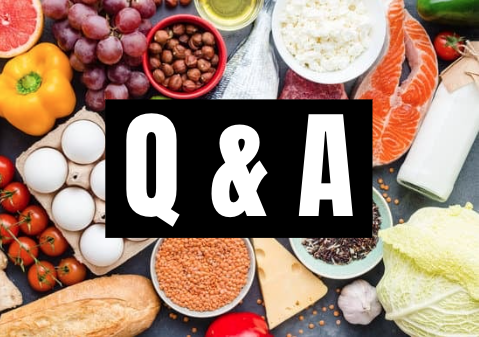
We answer the most frequently asked sports nutrition questions for athletes, families, coaches including what to eat on game day.

Learn what the science says about seed oils and if they are healthy for us as athletes and active adults!

The nutrition facts label does not tell you the whole picture when it comes to your food! Especially with meat and plant-based alternatives. Learn why!
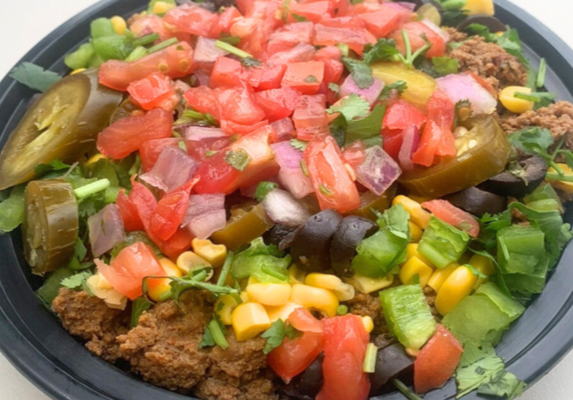
Athletes with ADHD can have worsened ADHD symptoms with poor nutrition and sleep schedule..learn more about how to properly fuel while managing ADHD!
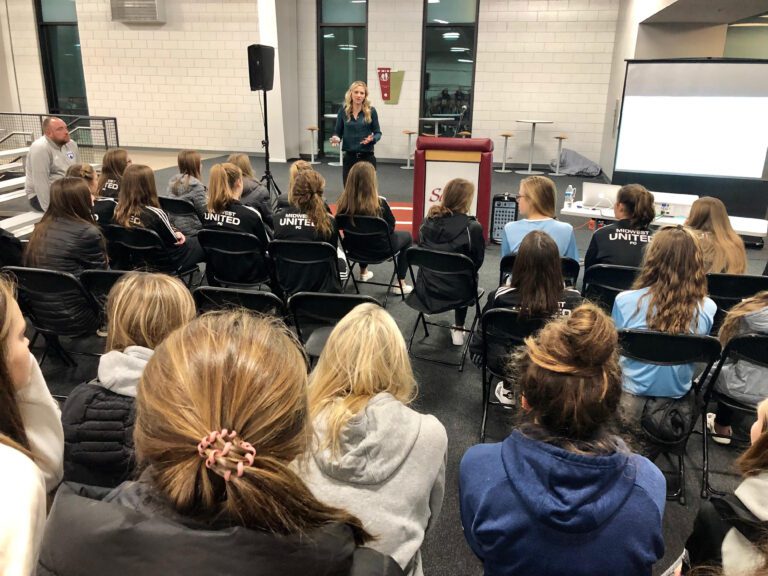
Athletes with ADHD can have worsened ADHD symptoms with poor nutrition and sleep schedule..learn more about how to properly fuel while managing ADHD!

TF/XC athletes NEED ample carbs, protein, and calories to compete at their best. Learn just how much in Wendi's most recent blog post.
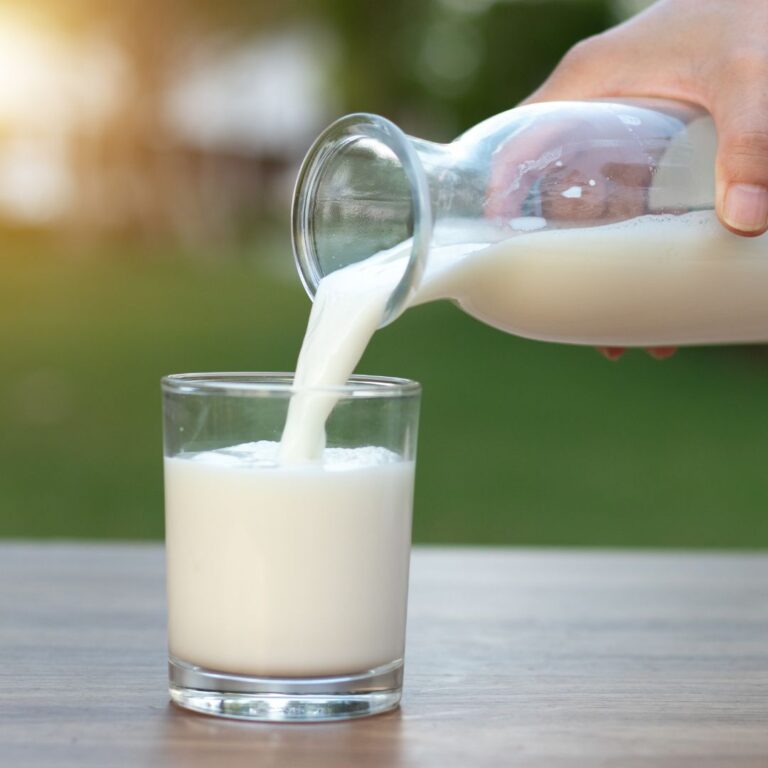
Why do we crave sugar? What can you do to stop craving sweets? Read on to find out!🤷♀️

Why do we crave sugar? What can you do to stop craving sweets? Read on to find out!🤷♀️

𝐖𝐡𝐚𝐭'𝐬 𝐭𝐡𝐞 𝐭𝐫𝐮𝐭𝐡 𝐚𝐛𝐨𝐮𝐭 𝐞𝐚𝐭𝐢𝐧𝐠 𝐞𝐠𝐠𝐬? 𝐄𝐠𝐠𝐬 𝐚𝐫𝐞 𝐜𝐨𝐧𝐬𝐢𝐝𝐞𝐫𝐞𝐝 𝐨𝐧𝐞 𝐨𝐟 𝐭𝐡𝐞 𝐌𝐎𝐒𝐓 𝐜𝐨𝐧𝐭𝐫𝐨𝐯𝐞𝐫𝐬𝐢𝐚𝐥 𝐟𝐨𝐨𝐝𝐬. So, are eggs healthy for us? Read on to find out!🤷♀️

Concerned about how to eat around the holidays? Fear not we have you covered with these simple tips!
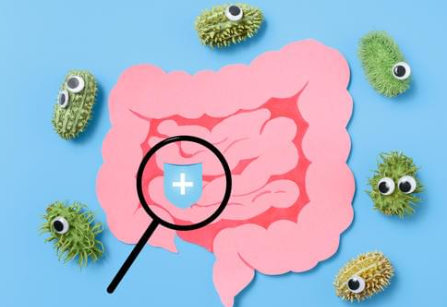
College and high school athletes can suffer from gastrointestinal and respiratory infections as a consequence of intense training. Check out these myths and facts to better understand our gut microbiome!












